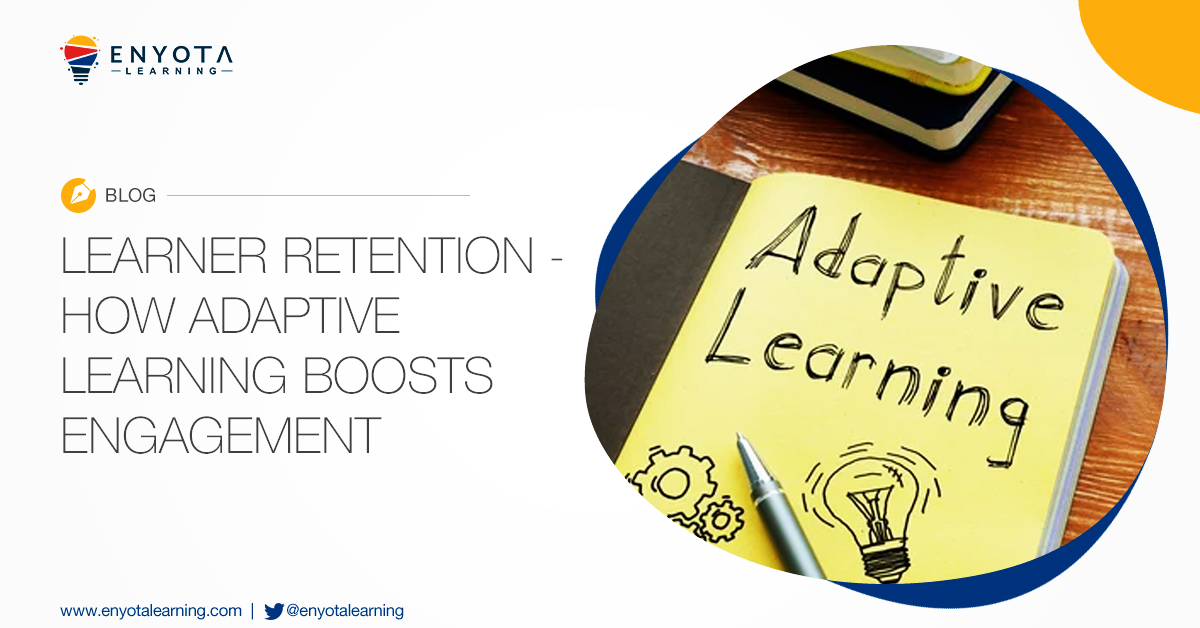In the rapidly evolving digital landscape, technical skills remain essential—but they’re no longer sufficient on their own. Soft skills like clear communication, adaptability, emotional intelligence, and advanced problem-solving have become critical for effective collaboration, innovation, and organizational resilience. Studies show these human-centric abilities boost team cohesion, employee engagement, and return on investment (ROI). Yet a persistent gap—especially among younger, digitally native professionals—threatens to undermine workforce effectiveness. Organizations can bridge this divide by integrating targeted soft-skills modules into Learning Management Systems (LMS), fostering a culture of continuous learning, and establishing mentorship programs. In doing so, they’ll equip their people not only to navigate remote and hybrid work environments but also to flourish alongside advancing automation and AI.
The Digital Shift and Its Implications
The move to remote and hybrid work models has transformed how teams interact. Digital platforms such as email, instant messaging, and video conferencing have become staple for most workplace communication. While these tools boost efficiency, they often strip away nonverbal cues and spontaneous collaboration, leading to misunderstandings and social disconnect. As organizations automate repetitive workflows, team members are being called on to exercise higher-order thinking—creatively designing solutions and sustaining engagement in a digitally driven workplace.
Key Soft Skills for the Digital Age
-
Effective Communication
In virtual settings, clarity and active listening are paramount. Professionals who master tone, brevity, and feedback techniques can bridge the gap left by the absence of face-to-face interaction. Building empathy through written and spoken channels enhances trust, reducing friction in digital teams.
-
Adaptability and Resilience
Rapid technological shifts demand flexibility. According to SHRM, adaptability and resilience rank among the top soft skills for remote success. Likewise, 87% of workers report that human skills like adaptability, leadership, and communication are integral to career advancement—even more so than technical skills.
-
Emotional Intelligence
The ability to recognize and manage emotions—one’s own and others’—fosters supportive, cohesive teams. Research suggests employees with high emotional intelligence navigate conflict more effectively and maintain motivation under stress. In remote contexts, expressing empathy through both verbal affirmation and digital “check-ins” is critical for well-being and retention.
-
Critical Thinking and Problem-Solving
Since AI and software increasingly perform routine duties, employees now need to apply critical thinking and resourcefulness to navigate multifaceted challenges. The World Economic Forum identifies analytical and creative thinking as among the most in-demand skills through 2027. Likewise, a LinkedIn Learning report notes that L&D professionals are prioritizing human skills to meet AI-era challenges, with problem-solving topping the list.
Bridging the Soft-Skills Gap
-
Statistical Snapshot
Despite their value, soft skills are in short supply: 62% of employers cite a deficit among Gen Z entrants, who—despite their digital fluency—often lack face-to-face interpersonal practice. A UK-first UNESCO-backed program aims to address this by teaching empathy, time management, and other soft skills to 10,000 Gen Z students in Greater Manchester.
-
Integrating Soft-Skills Training into LMS
Modern Learning Management Systems offer turnkey solutions which range from wide-ranging ready-to-consume courses to various customization and third-party software integration features.: One such powerful solution is Abara LMS, which provides value packages with industry-leading administrative features and an intuitive modern user-interface.
-
Cultivating a Continuous Learning Culture
Encourage self-directed growth by spotlighting microlearning, peer-to-peer knowledge sharing, and regular skills assessments. The LinkedIn Workplace Learning Report finds organizations that prioritize continuous learning to see tangible business impacts—higher deal closures, improved customer satisfaction, and accelerated skill-gap closure. Experts further emphasize that nurturing enduring human capabilities like curiosity and empathy is key to thriving alongside AI.
-
Mentorship and Coaching
Pairing less experienced employees with seasoned mentors accelerates the development of interpersonal skills, increases a sense of belonging, and drives retention. Mentoring fosters active listening, empathy, and constructive feedback—all hallmarks of strong soft skills.
The Business Case for Soft Skills
Organizations investing in soft-skills development reap clear rewards:
-
Improved ROI
Businesses.com reports that teams with strong soft skills deliver smoother workflows and higher overall performance, translating into increased ROI.
-
Performance Boost
63% of learners say soft-skills training positively impacts their job performance, reinforcing the value of these programs.
Moreover, as AI and automation reshape roles, uniquely human capabilities—creativity, ethical judgment, empathy—remain irreplaceable, anchoring long-term competitive advantage.
Looking Ahead: Human Skills in an AI-Powered Future
Experts caution that AI drives efficiency but risks widening inequalities if workers lack the soft skills to adapt to new roles. By contrast, organizations that intentionally cultivate human-centered skills alongside technology deployments create more inclusive, innovative cultures and sustainable growth.
Conclusion
In the digital age, soft skills are no longer optional—they’re essential. By embedding soft-skills development into eLearning platforms, fostering continuous learning, and leveraging mentorship, businesses can close critical skills gaps, boost engagement, and secure a resilient, future-ready workforce. At eNyota Learning, we specialize in crafting customized eLearning solutions that seamlessly integrate soft-skills modules—ensuring your team thrives amid today’s dynamic work environment. Connect with us to know how we can support you.



